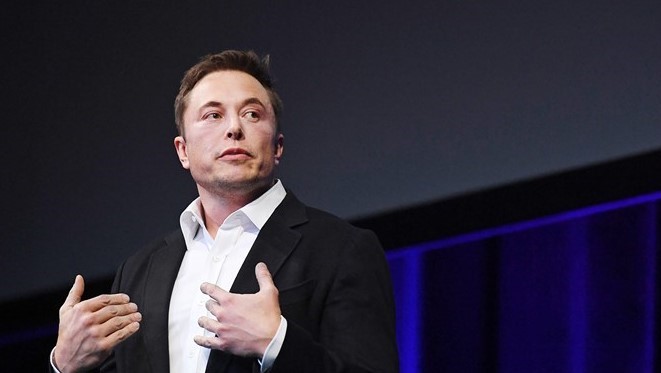Tesla stays public
August 26, 2018 | Expert Insights

Tesla has clarified that is not going private.
Background
Tesla was founded in 2008 by a group of engineers and builds both all-electric vehicles and scalable clean energy generation and storage products. Tesla designed the worlds first ever premium all-electric sedan – Model S which has become the best car in its class in every category. Model S has reset the world’s expectations for the car of the 21st century with the longest range of any electric vehicle, over –the –air software updates and a record 0-60 mph acceleration of 2.28 seconds. Tesla has subsequently announced Model 3, a low priced, high –volume electrical that began production in 2017.
Analysis
Tesla chief executive Elon Musk says he will no longer be taking the electric carmaker private, just two weeks after saying he was considering a deal.
The plan was cancelled after a board meeting on Thursday, announced Musk, in a post published on the company's site.
Musk shared his three main reasons for keeping Tesla a publicly traded company:
• Given the feedback I’ve received, it’s apparent that most of Tesla’s existing shareholders believe we are better off as a public company. Additionally, a number of institutional shareholders have explained that they have internal compliance issues that limit how much they can invest in a private company. There is also no proven path for most retail investors to own shares if we were private. Although the majority of shareholders I spoke to said they would remain with Tesla if we went private, the sentiment, in a nutshell, was “please don’t do this.”
• I knew the process of going private would be challenging, but it’s clear that it would be even more time-consuming and distracting than initially anticipated. This is a problem because we absolutely must stay focused on ramping Model 3 and becoming profitable. We will not achieve our mission of advancing sustainable energy unless we are also financially sustainable.
• That said, my belief that there is more than enough funding to take Tesla private was reinforced during this process.
Tesla's board, excluding Musk and his brother Kimbal, formed a special committee this month to study the privatization concept. They expressed continued support for Musk, who claims to be working 120-hour weeks to ensure the company keeps boosting production of those critical Model 3 electric sedans.
Tesla has hired two law firms in response to the investigation: Paul, Weiss, Rifkind, Wharton & Garrison to help deal with the SEC, and Latham & Watkins to advise on privatization.
Earlier this month, Elon Musk shocked investors by announcing on Twitter that he had funding secured to take Tesla private at a value of $72bn (£57bn). It later transpired that he had not closed a deal with Saudi Arabia's sovereign wealth fund, with unhappy investors launching a lawsuit against him after the news.
Since Musk announced his plan to delist Tesla, its share price has dropped by 20%.
The billionaire entrepreneur has complained since floating the company on the stock market, that quarterly scrutiny of Tesla's finances encourages short-term thinking.
But in a follow up tweet after his blog post, he said talks with shareholders had persuaded him otherwise.
Tesla shares rose sharply on 7 August following Musk's suggestion he would take Tesla private, but have continued to fall since then. The slide has been good news for short sellers, who bet that Tesla's share price would fall. The company has never reported an annual profit since it’s founding in 2003. Tesla has been striving to produce at least 5,000 Model 3 sedans a week, the level at which it can turn a profit, according to Musk. It has said it reached that level in recent weeks, although it has taken some extreme measures to do so.
The company has been running its assembly lines around the clock. It has also built a third production line in a gigantic tent outside the walls of its car plant in Fremont, California — a tactic that most auto-manufacturing experts have never seen before.
Assessment
Our assessment is that it will be extremely important for Tesla to raise significant equity capital at the earliest so that it can inspire investor confidence. We believe that the biggest challenge for the company is that it is routinely losing money and burning through cash as it ramps up development of its Model 3 sedan, a less expensive electric car it hopes will appeal to the mass market. We feel it will also have to quickly address ramping up of the production both at its Freemont factory and the battery factory outside Reno, Nevada.








Comments